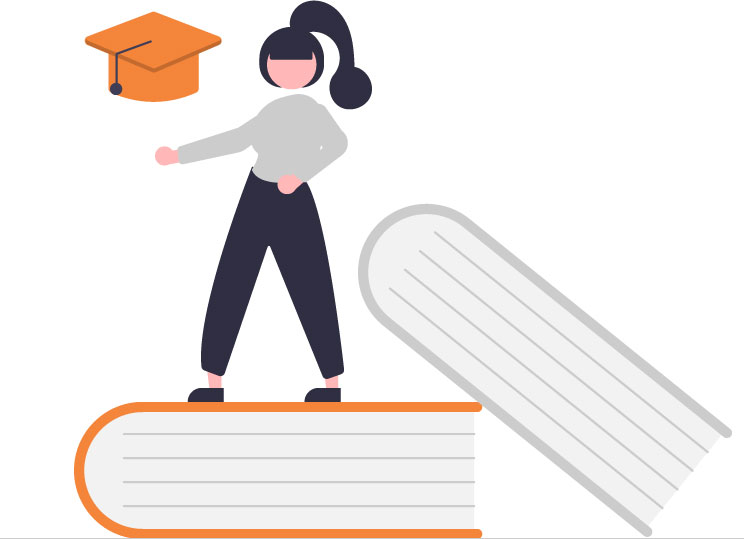ENGAA Practice Papers: Where to Find and How to Use Them

The Engineering Admissions Assessment (ENGAA) is a rigorous examination used by the University of Cambridge for admission to its undergraduate engineering programs. Success in the ENGAA requires not only a strong understanding of mathematics and physics but also effective test-taking skills. Practice papers are valuable resources to help you prepare for the ENGAA. In this guide, we will explore where to find ENGAA practice papers and how to use them effectively in your preparation.
Where to Find ENGAA Practice Papers
1. Official Cambridge Website:
- The official website of the University of Cambridge provides ENGAA past papers and sample papers. These are highly reliable resources as they closely resemble the actual exam.
2. Cambridge Assessment Admissions Testing:
- Cambridge Assessment Admissions Testing, the organization responsible for the ENGAA, offers official ENGAA preparation materials on its website. These materials include practice papers and additional resources.
3. Commercial Study Guides:
- Various publishers produce study guides and books specifically designed for ENGAA preparation. These often include practice papers, detailed explanations, and strategies for tackling different question types.
4. Online Forums and Communities:
- Online forums and communities dedicated to ENGAA preparation may share practice papers and resources. However, be cautious when using unofficial materials, as they may not accurately reflect the exam's format and content.
5. Private Tutors and Preparation Courses:
- Private tutors and preparation courses may provide access to customized practice materials and mock exams as part of their ENGAA preparation programs
How to Use ENGAA Practice Papers Effectively
1. Start Early:
- Begin practicing with ENGAA papers well in advance of your actual exam date. This allows you to identify areas of weakness and improve gradually.
2. Simulate Test Conditions:
- Practice under timed conditions to replicate the actual exam experience. Set aside the same amount of time as the real exam for each section.
3. Analyze Your Performance:
- After completing each practice paper, carefully review your answers. Identify questions you got wrong and understand why you made those errors.
4. Focus on Weaknesses:
- Concentrate your efforts on areas where you struggled. If you consistently have difficulty with certain question types or concepts, dedicate extra time to improving in those areas.
5. Vary Your Practice:
- Utilize a variety of ENGAA practice papers from different sources. This exposes you to a broader range of question styles and difficulty levels.
6. Practice Time Management:
- Time management is crucial in the ENGAA. Practice allocating your time efficiently for each section to ensure you can complete all questions.
7. Seek Help When Stuck:
- If you encounter particularly challenging questions, seek guidance from teachers, tutors, or online forums. Learning different problem-solving approaches can be beneficial.
8. Review Explanations:
- When using commercial study guides or online resources, review the explanations provided for each question. Understanding the reasoning behind correct answers can improve your problem-solving skills.
9. Track Your Progress:
- Maintain a record of your performance on each practice paper. Track your progress over time to see how you are improving
10. Take Full-Length Mock Exams:
- Closer to your actual ENGAA exam date, take full-length mock exams to assess your overall readiness and endurance for the entire test.
Conclusion
ENGAA practice papers are valuable tools for your preparation journey. They help you become familiar with the exam format, refine your problem-solving skills, and build confidence. Effective use of practice papers, combined with a thorough understanding of mathematics and physics concepts, will enhance your chances of success in the ENGAA and open doors to prestigious engineering programs at the University of Cambridge.




